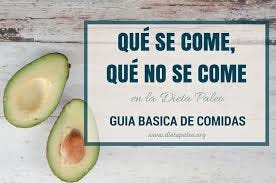Some Uses of "Se" that You Can See Walking Down the Street
It is important to know these specific uses of "Se." You will see them walking down the street in a Spanish speaking country or neighborhood in the USA.
Sometimes we use “Se” + verb in the third person (singular or plural) when we don’t want to use a specific subject. We would prefer to generalize. Let’s imagine that I want to talk about Brazil:
En Brasil se baila Samba y se bebe Caipirinha. (In Brazil, they dance Samba and drink Caipirinha.)
Obviously, not everyone in Brasil dances the Samba or drinks Caipirinha. But we are trying to convey that those are common things in Brazil and part of their culture. We are talking in general: “Most people do that”. Sometimes not even most people, it is just a stereotype: “En Argentina se baila tango” (In Argentina se baila tango). Just a rough guess, but probably less that 5% of the Argentine population dances tango. But it is where tango comes from and has the high concentration of tango dancers in the world.
In this Guide of the Paleo Diet, you can find what food “se come o no se come”. It doesn’t translate directly, but in English we would say something like “What you can eat and what you can’t eat”.
Notice that if you want to use something in plural, the verb goes in plural too:
“¿Se comen paltas en la dieta paleo?” (1. Can you eat avocados on the paleo diet? 2. Are avocados allowed on the paleo diet?) Notice that it really doesn’t translate directly to English. If we were to translate directly it would say something like “Do they eat avocados on the paleo diet?” That works, but in most instances, we would probably ask “Can you eat avocados on the paleo diet?”
Keep reading with a 7-day free trial
Subscribe to Speak Spanish BA to keep reading this post and get 7 days of free access to the full post archives.







